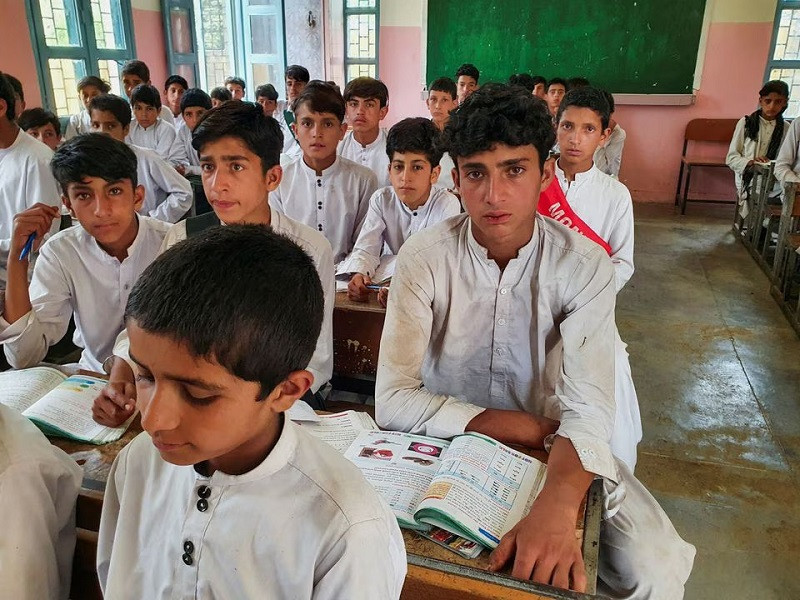
Given the abysmal state of the public education system and the exorbitant fee vouchers issued by the private school network, the opportunity for an underprivileged child to acquire high quality education free of cost, is nothing short of a blessing however, as private schools start denying freeships to deserving students, many are robbed of their hopes for a better future.
Despite the Sindh Assembly enacting the Free and Compulsory Education Act in 2013, which obliged all registered private schools to provide 10 per cent freeship to underprivileged students, only a negligible number of children aged five to 16 have received free tuition, presenting a conundrum for parents who desire high standard education for their children but cannot afford to pay for it.
Iftikhar Ali, a father of two students studying at a private school in the Federal B area, requested a freeship for both his children but was persistently denied. “After some time, the school administration blatantly asked my children to stop coming to school since I could not pay for their tuition,” shared Ali.
Also read: Private schools’ dropout rates escalate
Similarly, Yasir Ahmed, another father of two children studying at a private school in Gulistan-e-Jauhar, had to move his children to another school after he was denied a discounted tuition. “Initially, the school gave 25 per cent discount in fee for both my children. However, when they had settled in the school, the school withdrew the discount and demanded the full fee, which I could not afford to pay,” said Ahmed.
According to statistics, almost 3,941,938 students are enrolled across more than 11,000 private schools in Sindh, and as per the provincial legislation mandating 10 per cent freeship, at least 394,000 students should receive free education however, so far barely 10,000 children have received free of cost schooling from private schools that charge high or moderate tuition.
In his defence, the Chairman of All Private Schools and Colleges Association Sindh, Haider Ali felt that given the current high level of inflation certain amendments to the freeship and fee policies were necessary. “Private schools have to maintain their standard of education by investing in their amenities. Despite the costs that they incur, private schools offer numerous other fee reductions as well apart from the freeships,” argued Ali, who went on to highlight the fact that the fee spike limit of 5 per cent imposed on private schools was unreasonable given that the rate of inflation stood high at 40 per cent.
Also read: Collapse of the classroom
However, Dr Muhammad Memon, an education expert and one of the drafters of the Free and Compulsory Education Act of 2013, believe that the objections raised by private school owners are not entirely baseless. “Several factors including inflation have led to a rise in the costs incurred by private schools over the years. The 2004 law should be rationalized and adjusted by the government,” said Dr Memon.
Baseline fee of private schools was so high, even a small percentage increase in fee appeared quite large to parents. Speaking to The Express Tribune on the matter, the Secretary of School Education, Shireen Narejo said,” If the concerns of private schools are valid, then the law can be amended. But for that, we will have to wait until a new assembly is elected.”
Published in The Express Tribune, October 28th, 2023.




1725967717-0/Untitled-design-(3)1725967717-0-165x106.webp)
1730547935-0/Untitled-design-(5)1730547935-0-270x192.webp)

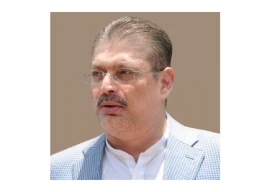
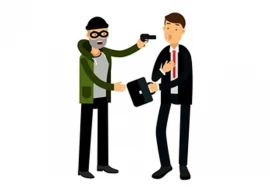
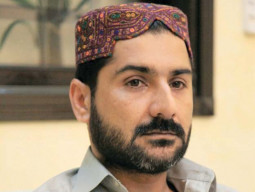
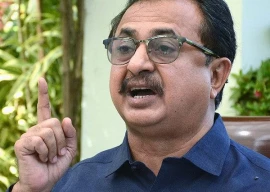
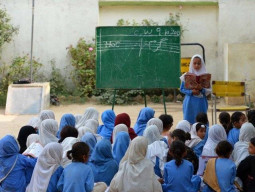




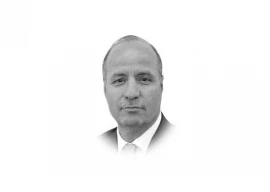


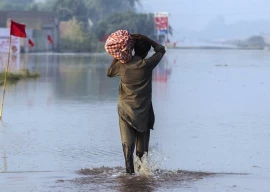

COMMENTS
Comments are moderated and generally will be posted if they are on-topic and not abusive.
For more information, please see our Comments FAQ